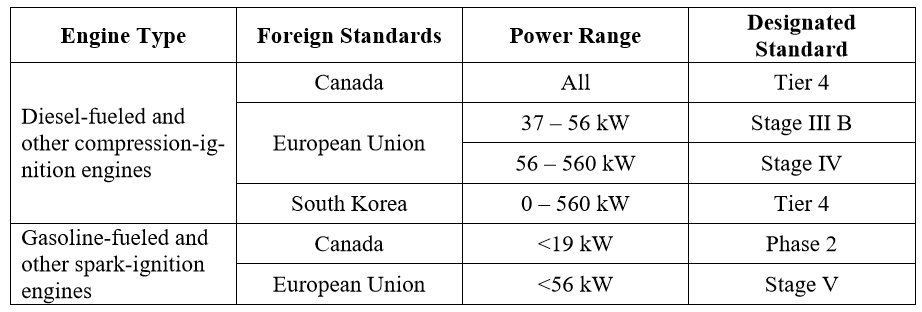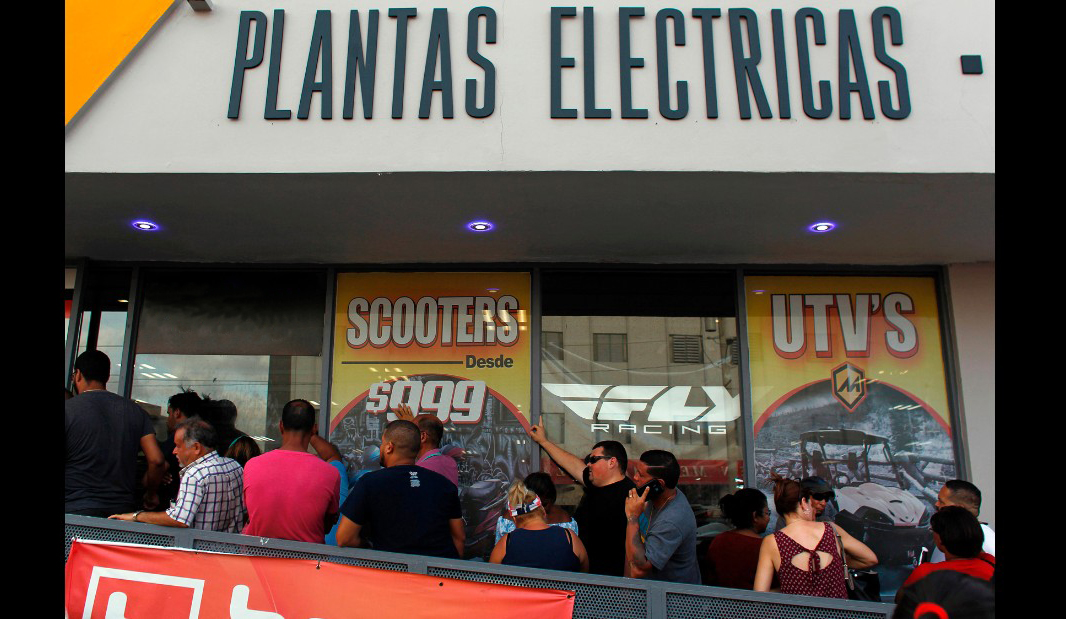EPA’s No Action Assurance (NNA) – Its Categories and What They Each Entail [Mobile Generator Units]
-
Hurricane Maria’s devastating and destructive path was only the beginning of the problems for Puerto Rico and the U.S Virgin Islands. With more than 90% of both islands still without power, the majority are relying on gas or diesel generator sets for their regular day-to-day activities. Due to the sudden spike on demand for these units, and the immediate need from civil, medical and governmental entities, the Environmental Protection Agency (EPA) decided to issue a No Action Assurance (NAA) that allowed for the usage of non-EPA-compliant units for those that met the criteria.
On September 27th, 2017, the EPA released a communication from the Office of enforcement And Compliance Assurance that specified the restrictions that applied to this waiver and the criteria that sellers and buyers needed to meet for qualification. They decided on establishing two categories concerning Mobile Power Generators; the conditions for each are the following:
"Category A: Mobile Power Generators that satisfy emissions standards similar to current EPA standards, and are labeled accordingly"

Despite the clarity of the main condition, its best to understand that there are other regulations that follow with this category, as the user will need to meticulously document and report a wide range of information regarding product origin, emission standards, end-user information and even photographed prove of the unit and its components.
"Category B: Mobile Power Generators that do not meet current EPA standards"
The ambiguity of “Category B” is causing a lot of confusion among sellers and uninformed buyers; the reason for such vague statement is because this clause does not pertain to the common residents. Non-EPA-compliant units can only be leased or donated to the Common Wealth of Puerto Rico or a nonprofit organization for use in matters of public health or safety.
Likewise, the same documentation as Category A must be file, in addition to the date of destruction or exportation out of the U.S.A, which must be done before May 31st, 2018.
It is important to be clear on all regulations and procedures before buying, selling, or obtaining non-compliant units in order to avoid high accrued penalties and legal expenses.

Long waiting lines can be experience all over the island of Puerto Rico for Generator Units

